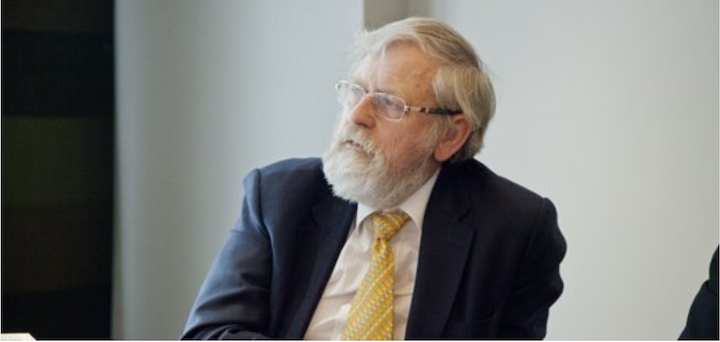Here, Richard Harbord, the former chief executive of Richmond and Hammersmith & Fulham councils, offers an instant overview of the King’s Speech from a local government viewpoint.

This was a mammoth King’s Speech even by recent standards. Promises of 40 bills covering a wide range of society. In recent years there have been around 30 bills in the speech and normally around 22 actually become legislation before the next King’s Speech.
But it had to be ambitious because the government was elected on a change mandate and for them it is necessary to set out their priorities and what they currently perceive as necessary action.
Given that many of these will need drafting from scratch and some may be hotly contested in the House of Lords, I suspect that this may turn out to be a sensible two-year programme.
Given that the bills are so diverse it is difficult to spot those that will be most relevant to local authorities. There is a 105-page background to the King’s Speech published but I have not had time to digest that. No doubt there will be more information from individual departments in the next few days. But 105 pages less introduction is only 2.5 pages per bill.
There are some that are over-arching. All significant tax and spending changes will be subject to independent review by the OBR.
There will be a Planning and Infrastructure Bill, reforming planning to accelerate the provision of infrastructure and housing. Rachel Reeves has trailed this and talked of changes to the Green Belt and the introduction of the Grey Belt. Planning reforms are not always universally popular with the public or the Lords. It is a priority and I expect action on this very quickly.
There is a bill to enhance employment rights, and the government is also seeking legislation to place requirements on those working to use the most powerful AI models.
A major bill for local authorities will be the Devolution Bill. The King’s Speech says this is for metro mayors and combined authorities. I think there had been hope this would be wider in scope. Local leaders will have power to take over buses, and there have been successful trials on this. Green credentials are shown with a Great British Energy Bill, a Sustainable Aviation Fuel Bill, and a Water (special measures) Bill.
A Border Security, Asylum and Immigration Bill will modernise these areas and additional powers for community policing dealing with anti-social behaviour and support for victims will be in a Crime and Policing Bill.
Specifically affecting local government will be a bill to raise educational standards and improve children’s well-being. There might also be reform of the apprenticeship levy.
Bills to stop smoking and vaping, and restricting advertising of junk foods and high energy caffeine drinks will be introduced, along with a complete review of the current Mental Health Act.
There is therefore something for everybody in the speech but, of course, there is no detail about funding. Clues about that will await the budget. Given the current state of public services, including the recent report on the state of prisons, somehow a large amount of funding will be needed. The only funding mention in the speech is that 6,500 new teachers will be funded from the removal of VAT exemption on private schools.
The 105 pages published is worth glancing at but only four Bills out of 40+ are to be introduced by the Ministry of Housing, Communities and Local Government: planning, devolution, the Holocaust Memorial, leasehold reform and a renters’ bill.
Council tax, business rates, social services, and fair funding must all, hopefully, wait for another day.
Richard Harbord is the former chief executive of Richmond and Hammersmith & Fulham councils.
—————
FREE bi-weekly newsletters
Subscribe to Room151 Newsletters
Follow us on LinkedIn
Follow us here
Monthly Online Treasury Briefing
Sign up here with a .gov.uk email address
Room151 Webinars
Visit the Room151 channel














